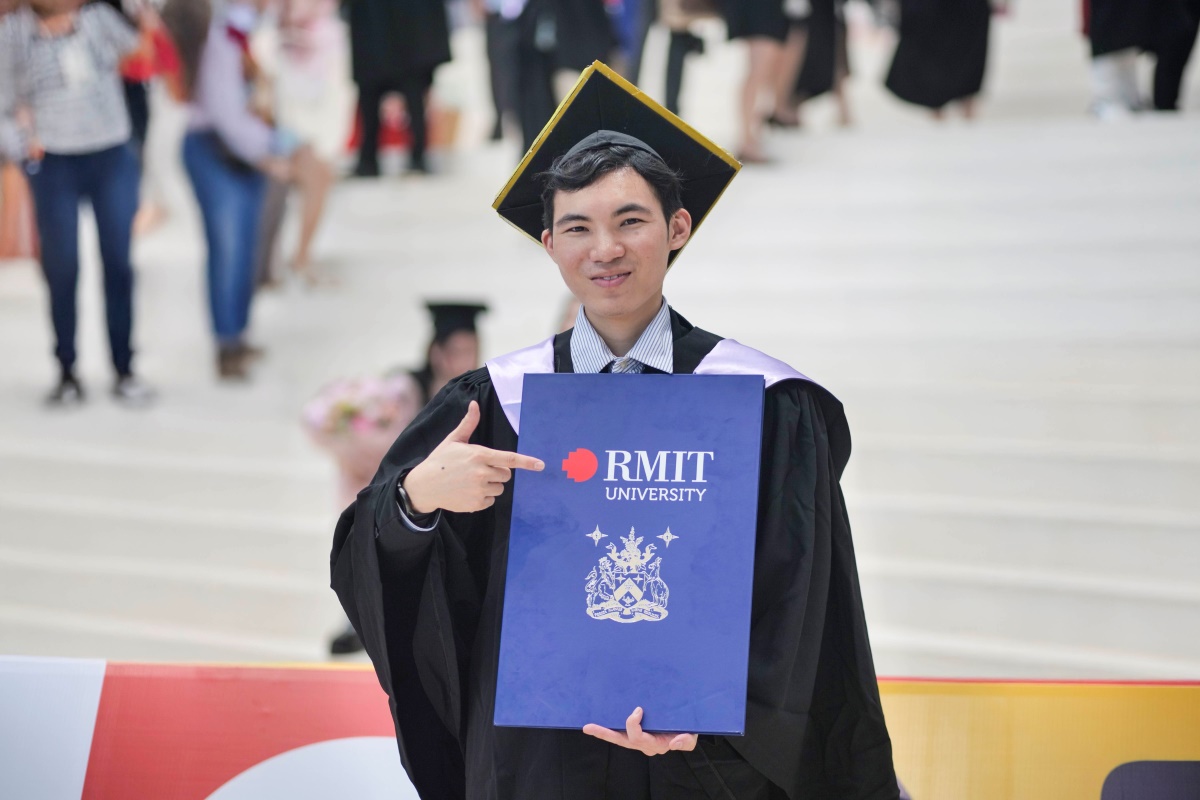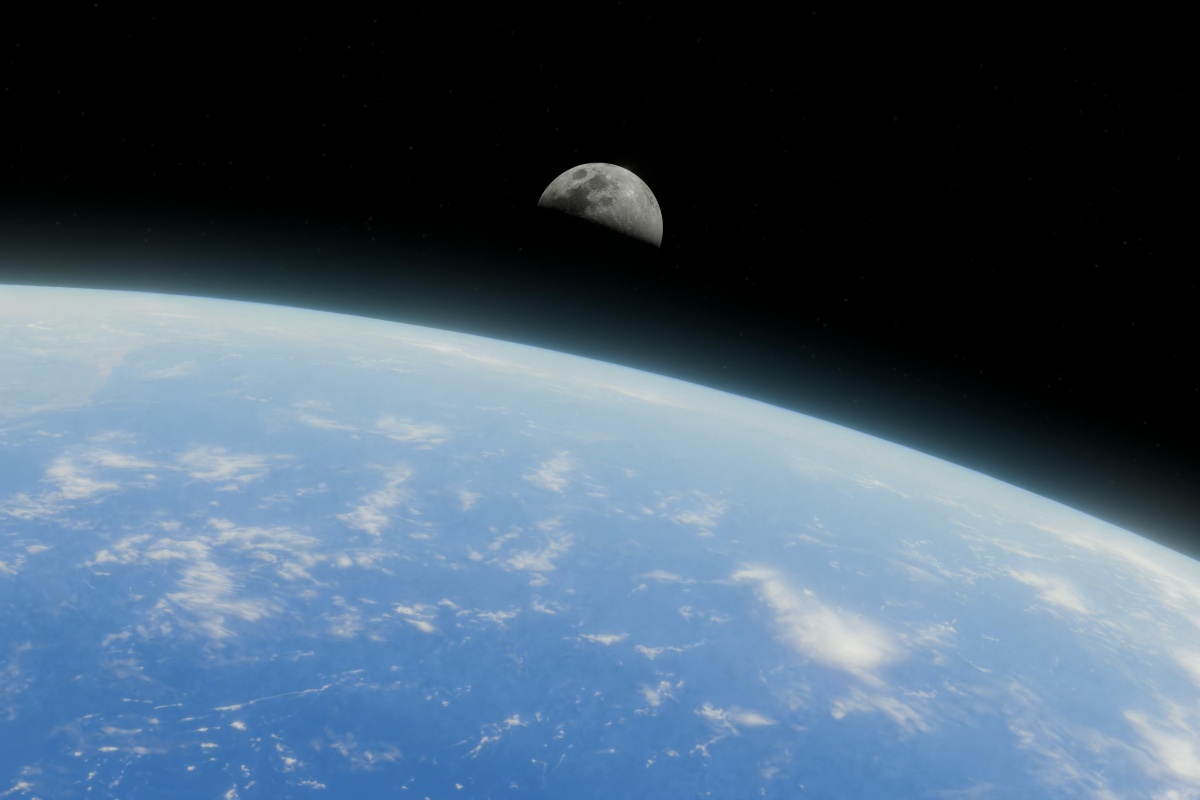Amanda Nguyen didn’t just represent Vietnamese heritage in space – she carried it with her. Partnering with the Vietnam National Space Centre, she brought 169 lotus seeds into orbit. These seeds, Vietnam’s national flower, symbolise purity and resilience. Upon their return, they’ll be studied to understand how space affects plant development – a poetic fusion of culture, science, and identity.
On Vietnamese social media, Nguyen’s journey trended. It sparked conversations about representation, ambition, and national pride. It also offered a subtle blueprint for brands: space isn’t about rockets – it’s about relevance.
The recent buzz clearly shows that space tourism is no longer a niche industry. It’s a content goldmine, and savvy global brands are already orbiting it:
- Spanish luxury fashion brand Balenciaga released space-inspired collections back in 2021.
- Swiss watchmaker Omega still rides the legacy of being the “moon watch.”
- Pepsi once considered sponsoring a satellite to project advertising in the night sky.
For Vietnamese brands, the opportunity is not about launching payloads – it’s about launching bold ideas. These aren’t marketing gimmicks. They’re ways to anchor brand identity to something aspirational, tech-forward, and emotionally resonant.
Vietnamese Gen Z doesn’t just follow culture – they remix it. They’re fluent in memes, hype cycles, and hero moments. For them, Amanda Nguyen isn’t just an astronaut – she’s a symbol of what’s possible. A Vietnamese woman in space, making headlines alongside a global pop star? That’s the kind of narrative that sticks.
Brands in Vietnam have a rare chance to launch locally and resonate globally. So, if space is the next big thing in marketing? How can they be part of that orbit?
Story: Dr Alrence Halibas, Interim Associate Head of Business Innovation Department, The Business School, RMIT University Vietnam





